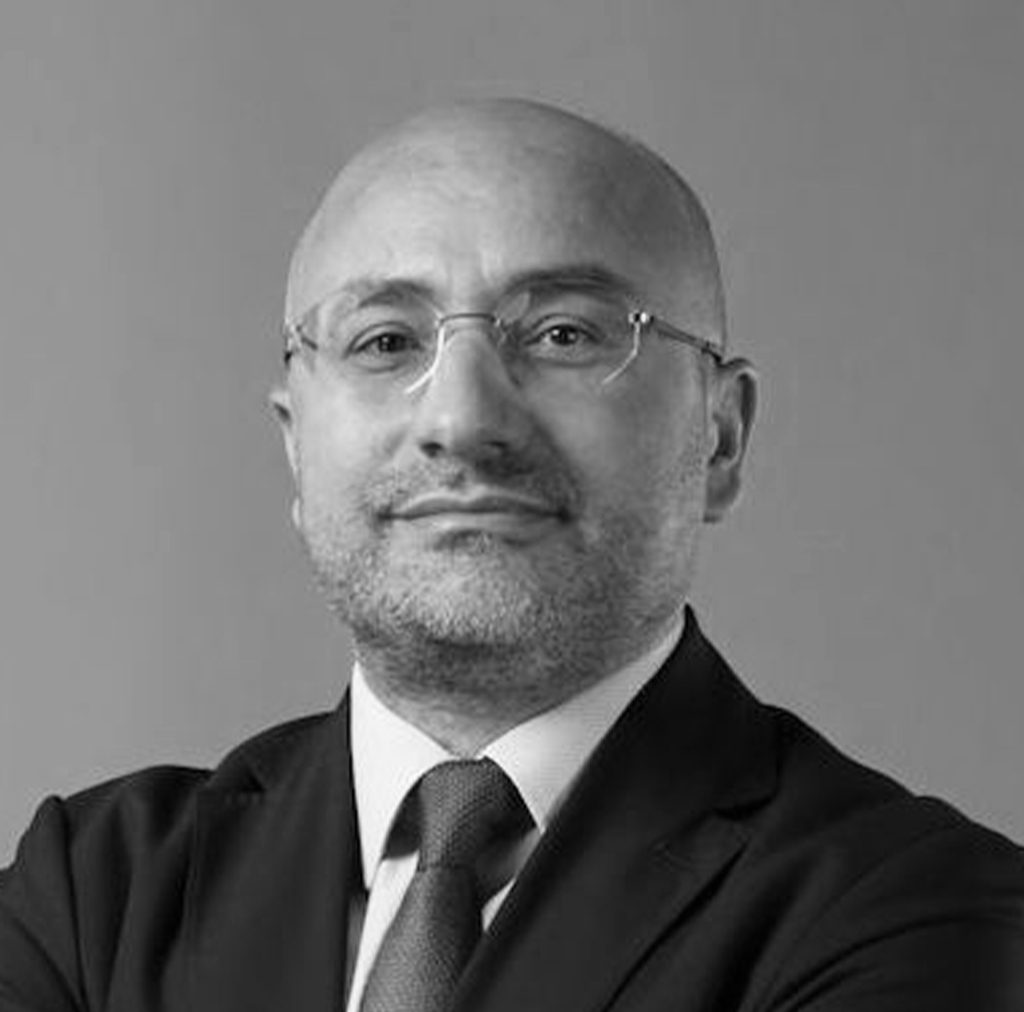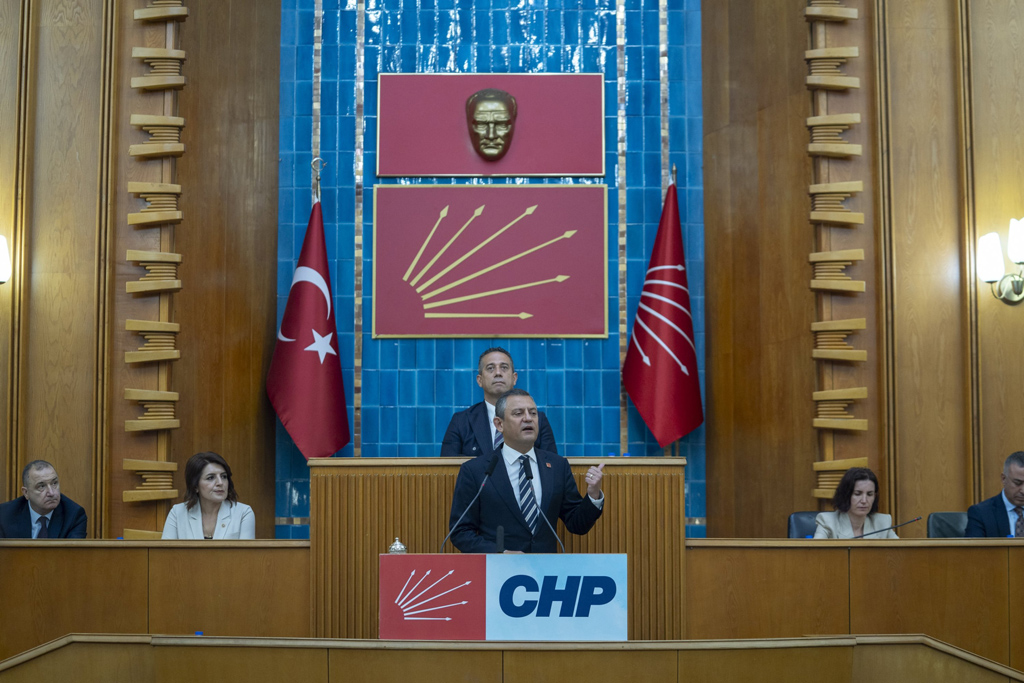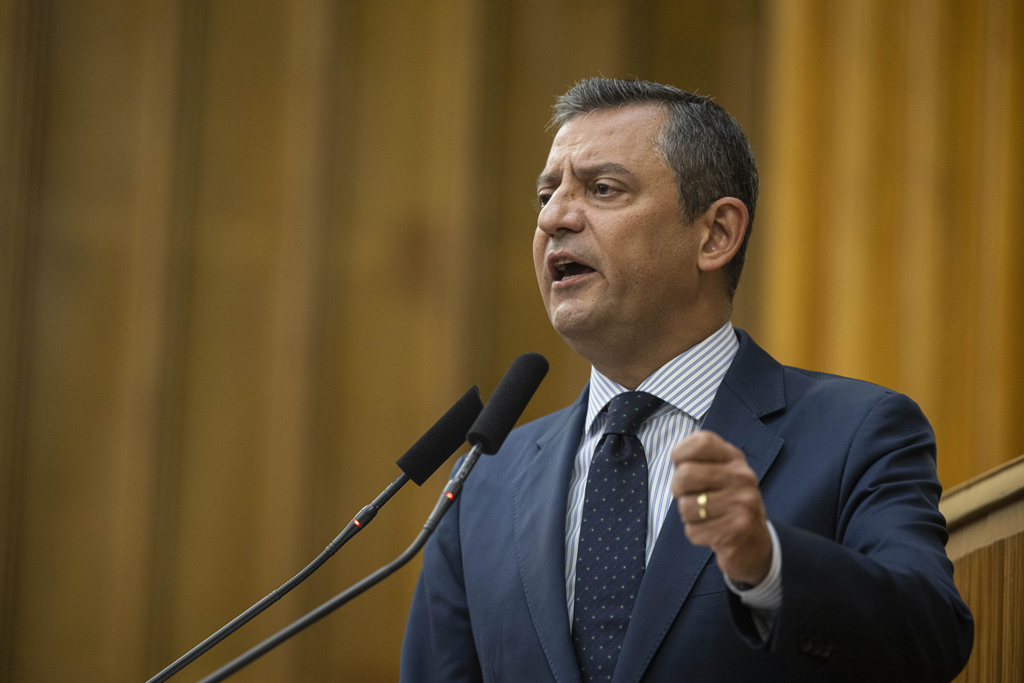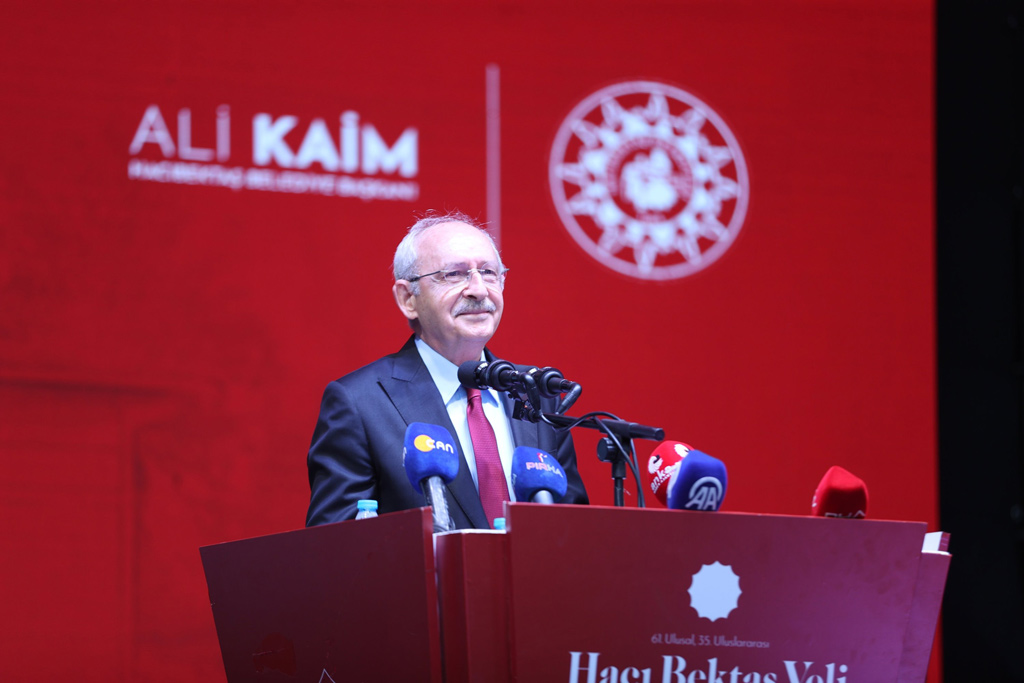Main opposition Republican People's Party (CHP) member of Parliament and former Ambassador Namık Tan said the following in his speech at the Turkish Grand National Assembly: “At times, they dreamt of reviving the Ottoman Empire. They didn't settle for cross-border operations. They ventured into overseas adventures. At one point, they clung to the Blue Homeland fantasy, but fortunately, they quickly backed away when the economy's collapse was imminent.”
In response to the backlash, the CHP's spokesperson said that the MP's words, referring to the "Blue Homeland fantasy," were cherrypicked and debated by ruling Justice and Development Party (AK Party) members.
No matter how you read the above sentences, the meaning is clear. There is nothing to cherrypick. The context and intent are evident.
As a result, not only from circles close to the government but also from all segments, there was a harsh reaction to the former ambassador's words.
Even CHP Deputy Chair Yankı Bağcıoğlu, often referred to as the "shadow defense minister," felt compelled to say that the Blue Homeland "is based on years of effort."
Seeing the potential political cost of these words, the CHP's leadership held a damage assessment meeting focused on the Blue Homeland strategy.
At this meeting, attended by the party's foreign policy team, was Ilhan Uzgel, who has written dismissive articles portraying the Blue Homeland as a "repetition of nationalist theses known since the 1990s," and as the doctrine of the "Islamist-Nationalist-neo-Nationalist Alliance." Uzgel, the so-called shadow foreign minister in CHP's shadow cabinet, continues to stand behind his writing.
Following the change in party leadership, Chairperson Özgür Özel has felt the need to reiterate that he would not repeat the previous administration's mistakes, especially in foreign policy. He mentioned an 85% alignment on foreign policy issues. Even President Recep Tayyip Erdoğan made positive remarks about Özel's stance.
Let's emphasize a point. During Kemal Kılıçdaroğlu's tenure, there was considerable wavering in national issues, particularly in foreign policy and counterterrorism. Özel is aware that this wavering disturbed even CHP members. He knows that these policies harmed the CHP and that their own base was uncomfortable with this stance.
Because of this, in his interviews, he subtly or openly criticizes Kılıçdaroğlu. For instance, in his latest statement, he said that he called those within the party who referred to July 15 as “theater” “simple-minded.” The target of this remark is clear. It was Kılıçdaroğlu who first used this phrase, introduced by Gülenist Terror Group (FETÖ) supporters, in his group meetings.
These kinds of issues will continue in the CHP. Recently, the party has adopted a political style that does not distinguish between opposition to the government and opposition to Türkiye. They have constantly complained about the government's actions to international circles. They thought it was a good method when their complaints turned into international accusations against Erdoğan's government. They believed convenient politics would benefit them and did not care whether it harmed Türkiye.
Over time, the intensity of these complaints increased so much that sensitive issues like foreign policy and counterterrorism became subjects of complaint. This became a habit.
It is difficult to abandon this political style and habit all at once. Unfortunately, this is the perspective of the actors in the CHP on foreign policy issues. Even if they learn that they should not express these sentiments politically, they cannot help but reveal their thoughts at some point.
The previous foreign policy advisor, Ünal Çeviköz, described the Blue Homeland as "expansionism." The new one tries to dismiss it as a "fantasy." While labeling the Blue Homeland first as "expansionism" and then as a "fantasy" may seem contradictory, they serve the same purpose.








